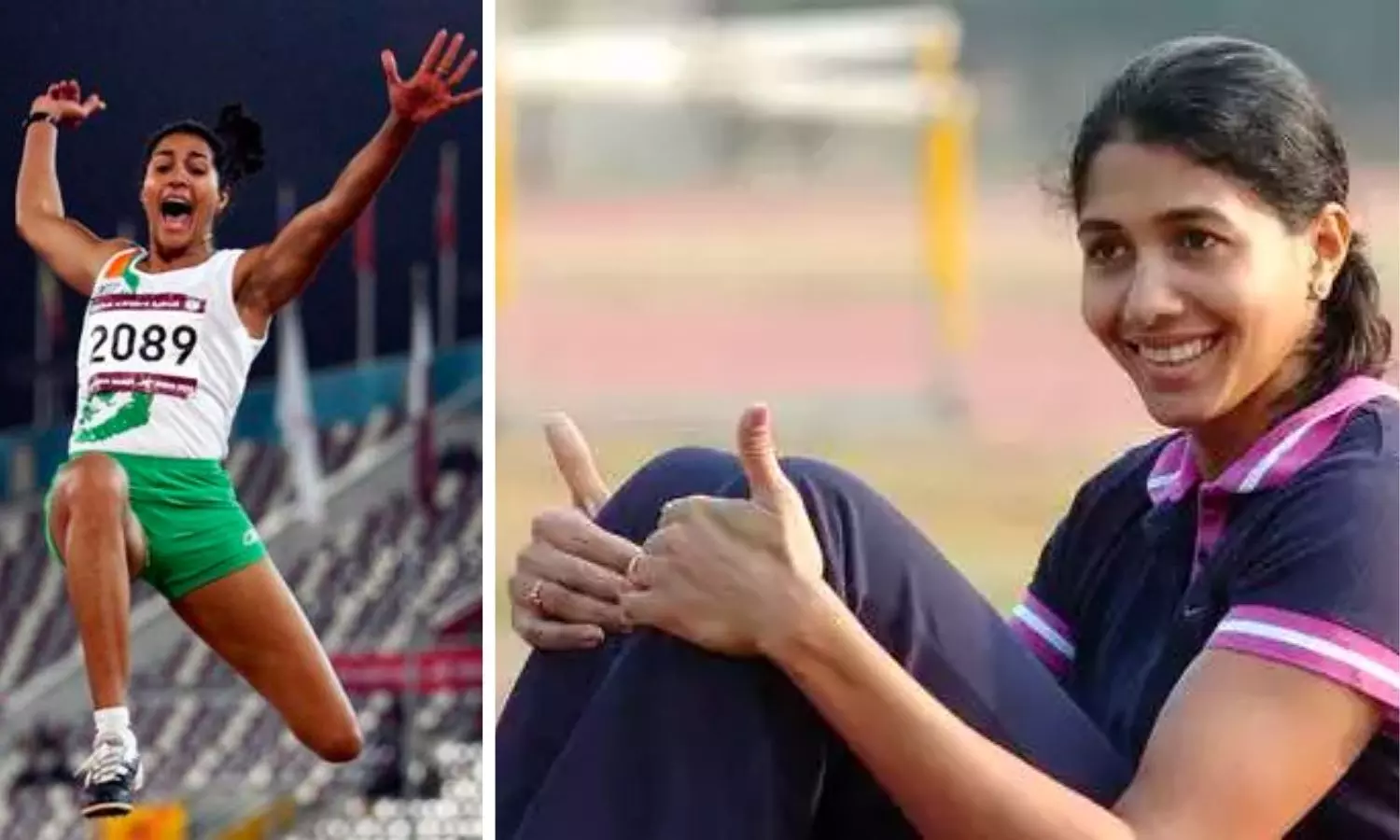Fitness & Wellness
Unlike our times, girls no longer shy to talk about periods: Anju Bobby George on Menstrual Hygiene Day
From not being able to discuss periods openly back in her day which cost her a couple of medals, long jump pioneer Anju Bobby George is happy to see dialogue on menstrual hygiene taking place and taboos getting broken.

Anju Bobby George shared her thoughts on periods and menstrual hygiene
For former long jump athlete Anju Bobby George, the memory of missing out on a medal from the 2006 Melbourne Commonwealth Games by a mere 2 cm, still rings sharply.
"I was on my periods then, the pain was making me helpless but I kept quiet, we couldn't talk about it so freely back then, so I decided to keep mum," the Indian athletics pioneer in long jump tells The Bridge, on the occasion of World Menstrual Health Hygiene Day.
"I was travelling a lot and I was under a lot of stress and pressure, so the dates also suddenly changed. My periods started a few days earlier than it was supposed to and with heavy flow - it clashed with my competition day, and I couldn't do anything about it then," George recalls, the memory still fresh as yesterday.
What Anju faced that day, a countless number of women face on a regular basis - with periods still being a hush-hush topic in society, especially in a deeply orthodox country like India.
For women athletes, periods have always been an issue when they have to compete at the highest level. More than the toil and trouble of the menstrual cycle, the taboos and stigma surrounding it further bogged down a female athlete back in Anju's days, who'd find it difficult to be open about the problems they were facing.
"At the 2002 World Indoor Championships, I finished seventh, winning no medal again. I was on my first day of periods and completely out of focus - sometimes you just can't control your body and I wouldn't even take any medication then, the awareness was not there," Anju mentions.
"I was also wearing a white dress and therefore I was getting anxious - 'What if I stain my clothes?', so many thoughts were playing on my mind, I couldn't focus on the jump at all," she explains, revealing how periods and the lack of conversation on it had taken a toll on her career's performance at times.
But centuries of conditioning regarding periods is not easy to break and it has taken women the longest time to even initiate a conversation about a natural biological process like this, thanks to the patriarchal mindset that prevails all around, which made women feel shame for bleeding.
However, the times definitely are a' changing and Anju Bobby George has seen this up-close. "Nowadays things are different, much better! Girls talk more freely, are more aware of their body and can make smart decisions, the taboo around periods is breaking."
The blessing of menstrual cups
While talking about periods and normalising it was one uphill battle, the other issue that bothered athletes of the previous decades was the lack of availability of the right products to use during the menstrual cycle and the right kind of knowledge about it too.
"Back in our day, we didn't even have the right sanitary products to use for athletes during periods, which created a lot of trouble. It wasn't really appropriate for use during periods while competing," she mentions.
"Thankfully, we have menstrual cups now, which has made it really easy for female athletes now to compete. It's quite hassle-free as well. But then again, menstrual cups may not be so feasible for use in the case of young adolescents, it takes a while to get used to the cup for them.
"However, before any big event like the World Championships, or Commonwealth Games, athletes try to use medicines so that they don't have their periods during that span of the competition. But while that may be a good solution in the short-run, for the long-run, using too much of this medication can also create problems," Anju explains.
The struggle doesn't really end there because the very topic of menstrual health and hygiene is so under-discussed in the country, making every conversation on it very difficult still.
"Women athletes face a lot of challenges, not only for our training and performance. There are some problems, which are very personal, and can't be discussed with everyone. It's not really our fault when we miss competitions but people won't understand, will they?" Anju quests.
Although the battle to normalise period talk still continues, the changes are taking place, slowly but steadily, as years of taboo will only broken down when we discuss, engage, and deliberate more on menstrual health and not keep it hush-hush anymore.
